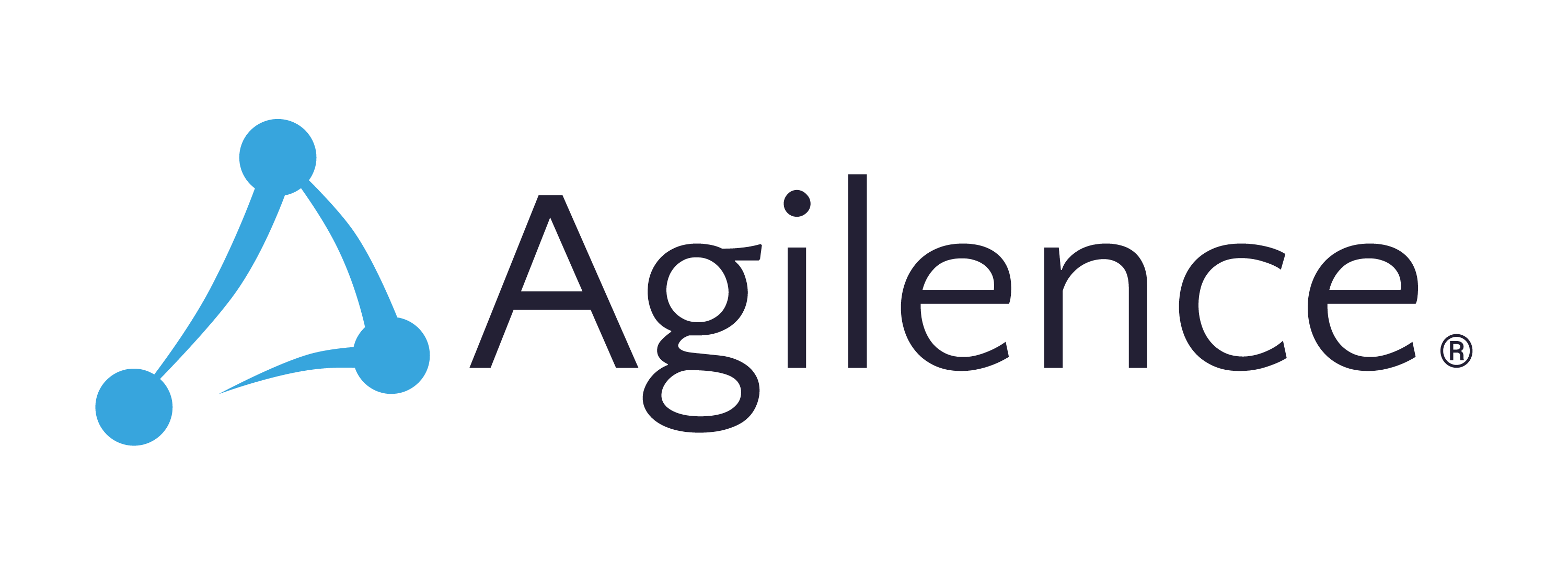The Future of Loss Prevention: Expanding Responsibilities and Areas of Interest
General Catherine Penizotto
Catherine Penizotto

LP professionals are rising to new challenges, working across the organization to meet new strategic goals. We recently partnered with Loss Prevention Magazine to survey nearly 100 professionals who shared their perception of Loss Prevention’s value within their organization.
Data is Driving LP into New Areas
Over 80% of survey respondents agreed that LP teams are the place to go for fast, accurate data-driven information that generates insights the entire organization can leverage. In addition, investments in new analytics tools are paying off as LP shares reporting across store operations, finance, IT, inventory management, and other partners who require timely, actionable data. 95% of respondents agree that LP analysis and reporting has yielded insights valuable beyond theft and fraud, identifying savings opportunities across operational areas.
This access to data from disparate sources has led LP to take on many responsibilities including physical safety (87%), health and wellness (69%), risk (56%), and eCommerce fraud (53%). In addition to these primary areas, they may also be responsible for cargo and supply chain issues, emergency, and crisis management, business continuity, claims management, and brand protection.
What does the future look like for LP departments? The survey indicated that additional responsibilities would expand to new areas, including E-commerce (51%), Cybercrimes (39%), and Risk (39%). In addition, as retailers morph their business models to meet customer demand, BOPIS, supply chain, and insurance may be logical additions to LP responsibilities. Adding these new areas will mean LP professionals will rely even more on data, cross-functional teams, and executive support to engage in these more complex activities and to efficiently handle the broad scope of responsibility.
Given the spectrum of these responsibilities, LP professionals must now interact across all levels in the organization. Formerly siloed into a specific area, LP is working across the entire enterprise, using advanced tools and developing strong relationships. It’s more important than ever for LP professionals to understand the needs of their partners and take the first steps to share relevant data and insights, setting the stage for future collaboration to meet company, department, and individual goals.
Optimizing policies and processes
LP is adept at maximizing profits by minimizing preventable loss and correcting potential problems before they can impact the business’ bottom line. Once an issue is identified, LP can help develop new strategies, approaches, or recommend changes to existing policies and procedures to reduce the potential for loss without negatively impacting the customer experience.
Most survey respondents (88%) agreed that LP is a stakeholder in creating and optimizing policies, processes, and technologies. These policies can span a wide range of functions and impact business decisions across the organization.
While the opportunity is great, LP professionals remain realistic. One respondent noted that departments launch company-wide programs without LP's input but rely on LP to address consequences that happen at the store level. Having LP involved prior to launch saves time and money across the organization, making programs more successful.
Other LP respondents noted that their companies had embraced change to the point that asset protection leaders sit on company-wide committees, including Diversity, Equity, and Inclusion councils. This type of involvement helps companies benefit from LP expertise at a strategic level and LP’s willingness to provide value to the business beyond traditional fraud and theft helps secure a seat at those tables.
Another respondent noted that the role of LP is unique to each organization, which must evolve to meet its strategic needs. “If LP/AP has a seat at the table and carries a respected opinion, they significantly increase perception and implied organization impact from their department.” Without that recognition, LP departments may be left out in budget considerations, unable to apply their skills, data, and insights that add value.
Increasing LP Awareness
In the past, LP professionals have sometimes been viewed as a lone wolf, on the front lines with the sole purpose of facing the bad guys and putting out fires. Today, the truth is that company leaders recognize the value of LP, including 29% of VPs or higher who commented that LP contributed over $10 million to the bottom line.
Executive support is required to expand company-wide LP awareness. From being a valuable partner with data insights to working with federal agencies to reduce Organized Retail Crime (ORC), LP plays a significant role in optimizing profitability for today’s retailers.
The survey noted that 70% of companies have a fully documented LP awareness program in place, helping all employees understand LP’s value. One survey respondent noted that LP awareness programs reduced bad shoplifting stops through annual LP training programs. When included in onboarding programs, store-level employees are more aware of LP’s role and the expectations that are set for employee conduct. One respondent noted that their awareness program helps to “sell our programs and solutions and be viewed as a proactive business partner.”
Download your free copy of the full 15-page report today to see the full results.
Learn more about Loss Prevention & Asset Protection.
Related Articles

5 Ways Loss Prevention's Reputation is Changing for the Better
We recently partnered with Loss Prevention Magazine to survey nearly 100 LP professionals who shared their perception of Loss....png)
Loss Prevention as Data Experts? Supporting Total Retail Loss
In the past, companies depended on LP to have a keen eye for theft and behavior patterns. LP professionals are seasoned data ...
Why Loss Prevention Leaders Must Become Analytics Evangelists
As retailers bounce back from the pandemic, they’re simultaneously finding innovative ways to serve customers while controlli...Subscribe to our blog
Receive free educational resources like exclusive reports, webinars, and industry thought leadership articles straight to your inbox.


